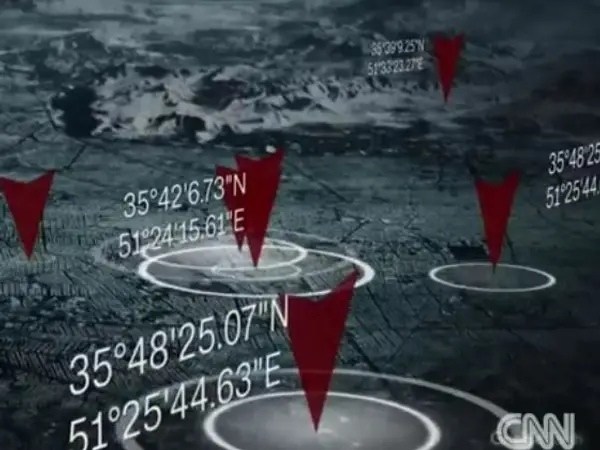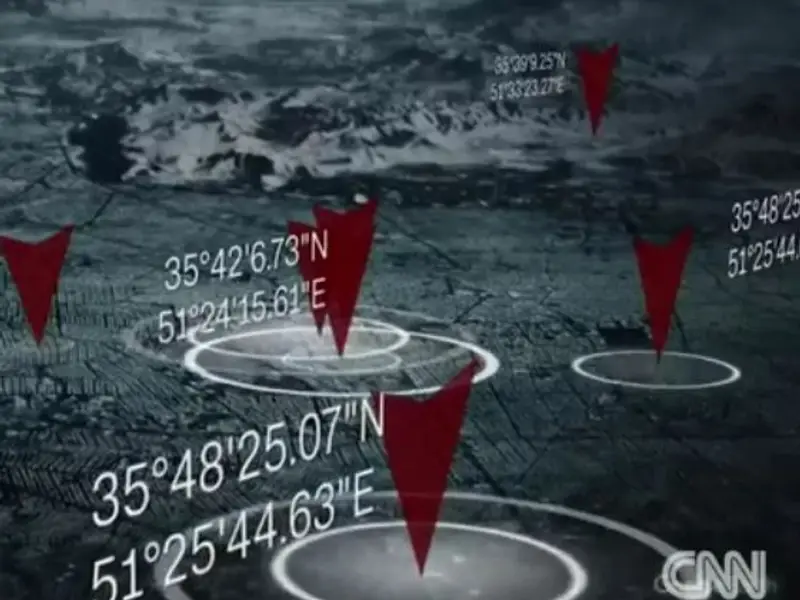A CNN investigative report shows how the Islamic Republic uses a network of secret prisons to torture and suppress protesters, as well as to obtain force confessions from them.
The network has been able to find the location of more than 40 unofficial torture centers and undeclared secret prisons in Iran, which are located in government-controlled facilities such as the basement of mosques.
To find the exact location of the secret detention centers, CNN interviewed eyewitnesses and detainees of the recent protests and matched this information with satellite images.
According to the report, eight, six, and five secret torture centers have been identified in Tehran, Sanandaj in the west, and Zahedan in the southeast, respectively.
In other cities such as Karaj, Mashhad, Tabriz, Kermanshah, Amol, Saqqez, etc., dozens of secret prisons have been identified based on the information provided by eyewitnesses.
Based on the CNN report, these secret prisons were places for torturing protesters to force them to confess so that the courts could issue heavy sentences such as death penalty for them.
Keyvan Samadi and Mohsen Sohrabi are two protesters interviewed by the CNN who had been imprisoned in these secret detention centers.
Injecting a substance to keep the prisoner alive, "kissing the neck and body" by the torturer, sexual torture with a baton are the things that Samadi and Sohrabi mentioned in an interview with the CNN.

